New poverty advice for Scottish schools
- Published
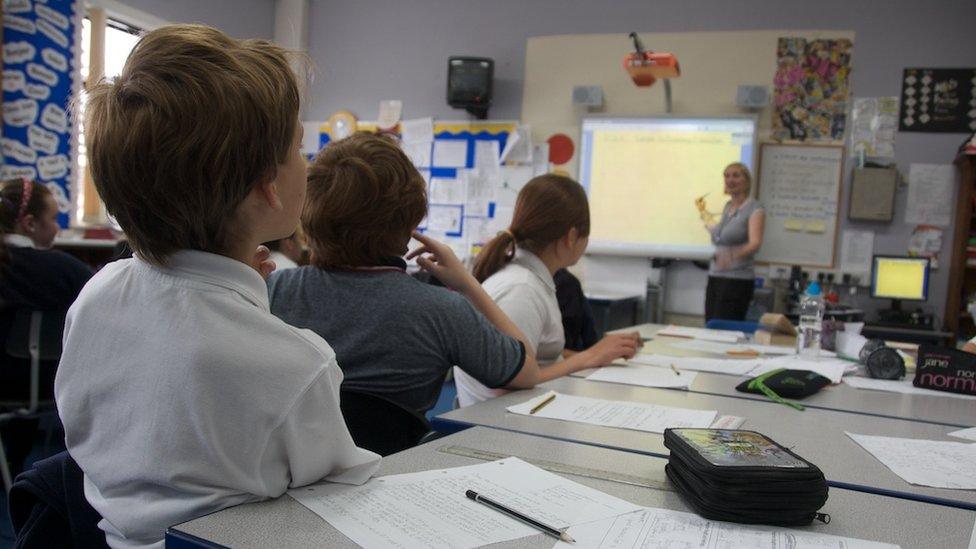
Scottish teachers are to receive new advice on reducing the impact of poverty on their pupils.
Scotland's largest teaching union, the Educational Institute of Scotland (EIS), has compiled the guidance which will be sent to all schools and colleges next week.
The 20-page booklet sets out a series of "poverty-proofing measures".
These will help teachers mitigate the effect of low incomes on children's educational experiences.
It addresses areas where cost could become an issue, such as uniform policies, school trips and access to technology, and examines the financial pressure that can be placed on families as a result.
The booklet, entitled Face up to Child Poverty, is being published after the EIS asked teachers and lecturers to share their experiences of the impact of poverty on their pupils and students.
Expensive uniforms
It states that high living costs, the low wage economy and changes to the welfare system introduced by the Westminster government have resulted in "growing income inequality in Scotland for the first time in 20 years".
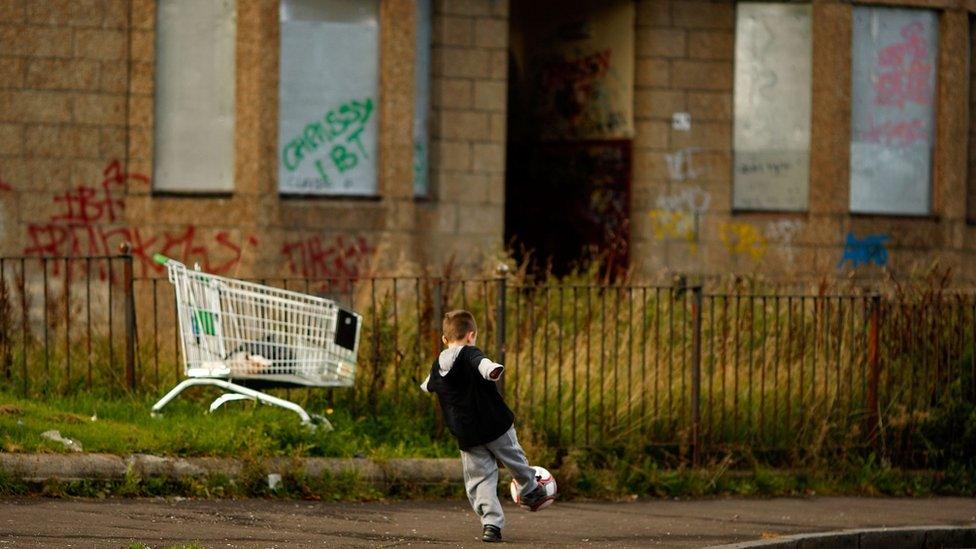
It says: "Among those most severely affected by this deleterious economic combination are the children and young people that we teach. Currently 222,000 children in Scotland are in poverty - more than one in five, with the ratio increasing to more than one in three in several parts of Scotland.
"Within five years, if the current austerity agenda is maintained, the number of children living in poverty will have increased by almost 50% to 322,000."
On the issue of school uniform, the guidance says: "Consideration should be given to the financial cost to families of adherence to the school's uniform code, especially in cases where the school recommends a particular uniform supplier.
"Often such suppliers are more expensive to purchase from than high street stores and supermarkets. In encouraging parents to buy from these more expensive suppliers, schools may be causing families, albeit inadvertently, even greater financial hardship."
Referring to equipment, it said it should "never be assumed that all families can afford to buy even the most basic of resources such as pens and pencils".
Teachers are also advised to be aware of signs of hunger among pupils and to act with "sensitivity" on the issue.
'Real difference'
EIS general secretary Larry Flanagan said: "The fact that food poverty now affects such a large, and growing, section of society should shame those in government and elsewhere who continue to push the damaging and divisive austerity-above-all agenda.
"Schools and colleges are part of society, and so are not immune from the problems of that wider society. Working alone, educational establishments cannot eradicate poverty or eliminate completely its negative impact on young people.
"However, teachers and lecturers can, and do, make a very real difference in the lives of the young people that they work with on a day-to-day basis."
He added: "Our hope is that, by offering this booklet to all schools and colleges, teachers and lecturers will give even greater consideration to how poverty affects their pupils and students."
- Published4 March 2014

- Published4 March 2014
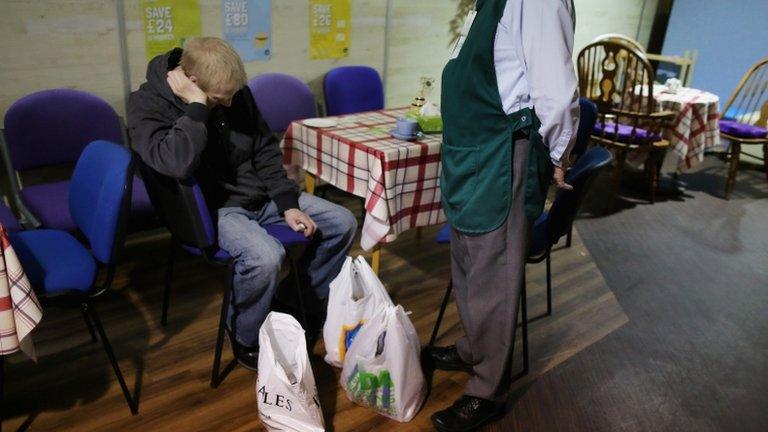
- Published2 February 2014
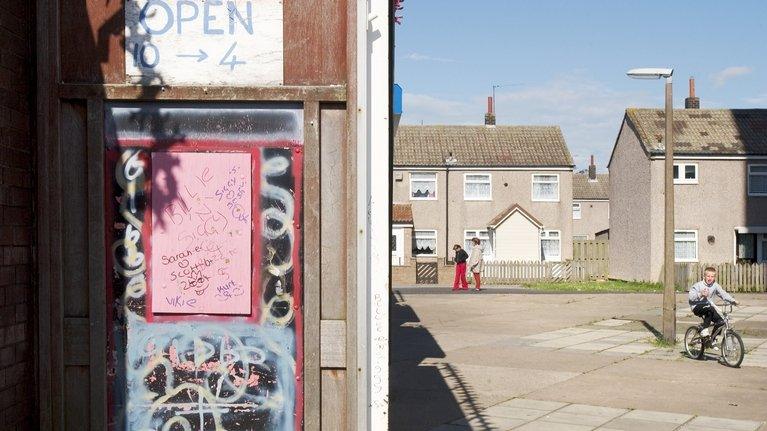
- Published10 December 2013

- Published20 June 2013
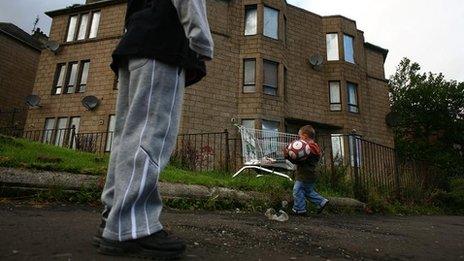
- Published10 January 2012
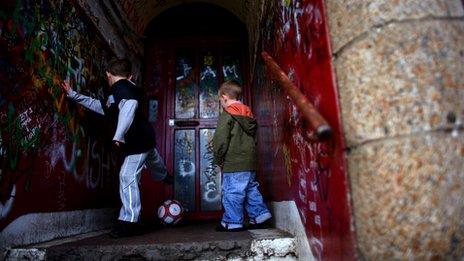
- Published13 June 2013
